
Hargeisa: The Vibrant Heart of Somaliland
Hargeisa, the capital of the self-declared Republic of Somaliland, offers a unique blend of traditional Somali culture and modern influences. This bustling city is known for its colorful markets, rich history, and welcoming atmosphere, making it a fascinating destination for travelers looking to explore a lesser-known part of the world. One of the highlights of Hargeisa is its vibrant market scene. The main market, known as Suuqa Bacadlaha, is a maze of stalls selling everything from fresh produce and handmade crafts to traditional garments and jewelry. Here, visitors can experience the lively hustle and bustle of daily life in Hargeisa and perhaps even pick up a few souvenirs to take home. For those interested in history, Hargeisa has several noteworthy sites. The War Memorial, featuring a striking monument and murals, commemorates the victims of the Somali Civil War and is a poignant reminder of the city’s resilience. Additionally, the Laas Geel rock art site, located just outside the city, is a must-visit. These ancient cave paintings, believed to be over 5,000 years old, offer a fascinating glimpse into the region’s prehistoric past. Hargeisa is also a city of contrasts, where tradition and modernity coexist. Visitors can enjoy the local cuisine at bustling street food stalls or dine in one of the city’s modern restaurants. The local people are known for their hospitality, and tourists will find that they are often greeted with warmth and curiosity. Overall, Hargeisa is a captivating destination that offers a unique and enriching travel experience.
Local tips in Hargeisa
- Respect local customs and dress modestly, especially when visiting markets and religious sites.
- Hire a local guide for a visit to Laas Geel to gain better insights into the historical significance of the rock art.
- Try local dishes like camel meat and samosas at street food stalls for an authentic taste of Somali cuisine.
- Be prepared for limited internet connectivity and consider purchasing a local SIM card for better access.
Hargeisa: The Vibrant Heart of Somaliland
Hargeisa, the capital of the self-declared Republic of Somaliland, offers a unique blend of traditional Somali culture and modern influences. This bustling city is known for its colorful markets, rich history, and welcoming atmosphere, making it a fascinating destination for travelers looking to explore a lesser-known part of the world. One of the highlights of Hargeisa is its vibrant market scene. The main market, known as Suuqa Bacadlaha, is a maze of stalls selling everything from fresh produce and handmade crafts to traditional garments and jewelry. Here, visitors can experience the lively hustle and bustle of daily life in Hargeisa and perhaps even pick up a few souvenirs to take home. For those interested in history, Hargeisa has several noteworthy sites. The War Memorial, featuring a striking monument and murals, commemorates the victims of the Somali Civil War and is a poignant reminder of the city’s resilience. Additionally, the Laas Geel rock art site, located just outside the city, is a must-visit. These ancient cave paintings, believed to be over 5,000 years old, offer a fascinating glimpse into the region’s prehistoric past. Hargeisa is also a city of contrasts, where tradition and modernity coexist. Visitors can enjoy the local cuisine at bustling street food stalls or dine in one of the city’s modern restaurants. The local people are known for their hospitality, and tourists will find that they are often greeted with warmth and curiosity. Overall, Hargeisa is a captivating destination that offers a unique and enriching travel experience.
When is the best time to go to Hargeisa?
Iconic landmarks you can’t miss
Safari Hotel
Discover the charm of Hargeisa at Safari Hotel, where modern comfort meets local hospitality for an unforgettable experience.

Hargeisa International Airport
Discover Hargeisa International Airport, the vibrant gateway to Somaliland, where modern travel meets rich cultural experiences.
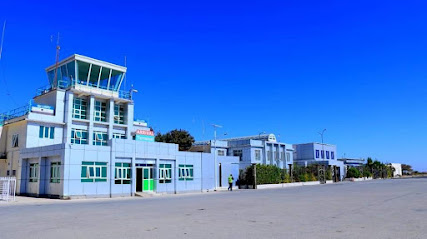
Café Laasgeel
Discover the heart of Hargeisa at Café Laasgeel, where local culture meets contemporary café vibes with delicious food and drinks.
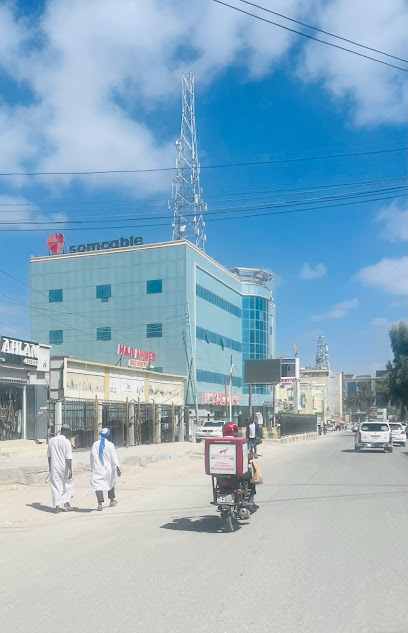
Cafè Barbera
Explore Hargeisa's rich culture at Cafè Barbera, a cozy café offering authentic Somali flavors and a welcoming atmosphere.
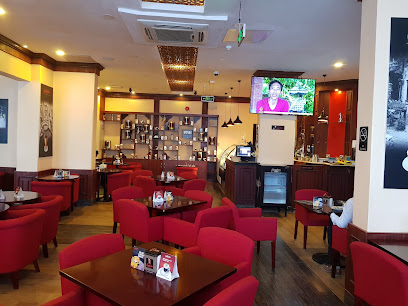
Laas Geel tour Safaris Tourism Company
Explore Laas Geel: Somaliland's Ancient Rock Art and Cultural Heritage Await You.
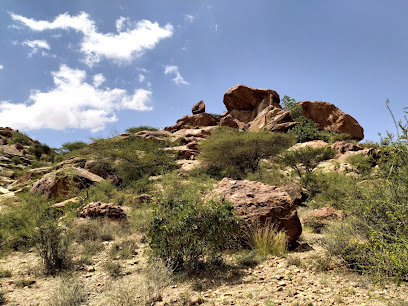
Dhoolayare Hotel
Discover the charm of Hargeisa at Dhoolayare Hotel, a perfect blend of comfort, local culture, and delicious cuisine in Somaliland.
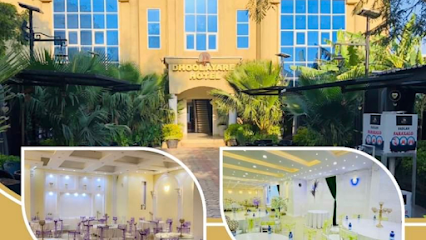
Oriental Hotel
Experience the perfect blend of comfort and local charm at Oriental Hotel, Hargeisa's premier destination for travelers seeking relaxation and culture.
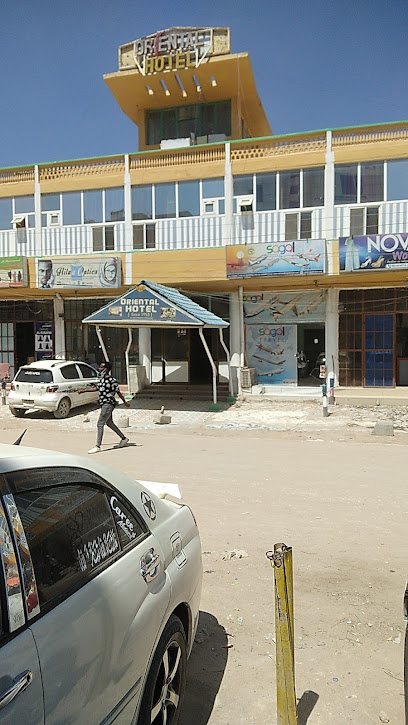
Dahabshiil Business Centre
Discover the vibrant shopping experience at Dahabshiil Business Centre in Hargeisa, where culture and commerce unite in a bustling atmosphere.
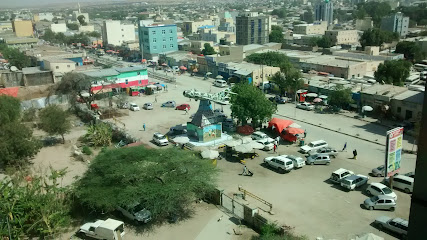
Hargeisa War Memorial Park
Explore the Hargeisa War Memorial Park, a serene tribute to resilience and freedom in the heart of Hargeisa, Somalia.
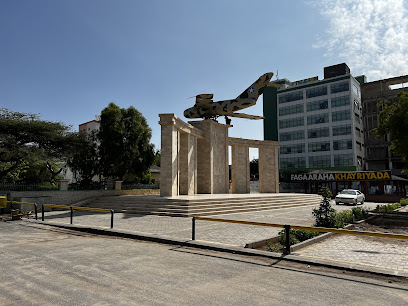
Saryan Museumvvhjbgjhh
Explore the captivating history and cultural heritage of Somaliland at Saryan Museum in Hargeisa, a must-visit for every traveler.
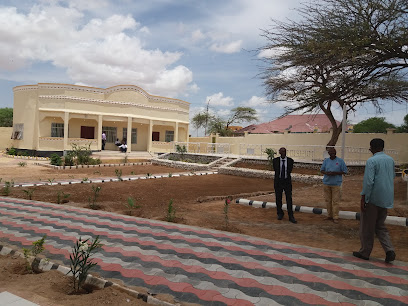
BANDARE HOTEL & Restaurant
Discover the perfect blend of comfort and local flavors at Bandare Hotel & Restaurant in Hargeisa, Somalia.

Mocha Cafe House
Experience the heart of Hargeisa at Mocha Cafe House, where delightful coffee and local flavors create a welcoming atmosphere for every traveler.
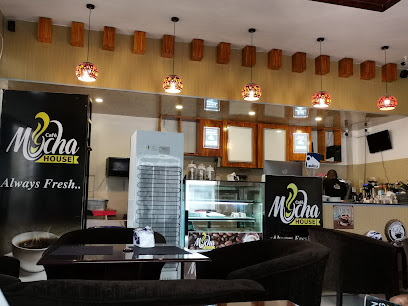
Livestock Market
Discover the vibrant heart of Hargeisa at the Livestock Market, where local culture and commerce come alive amidst bustling activity.
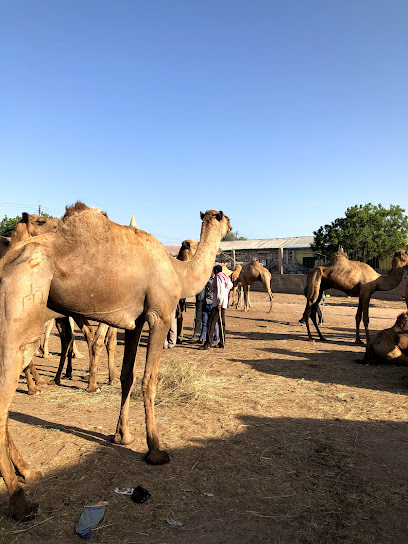
Naasa Hablood
Experience the breathtaking beauty and adventure of Naasa Hablood, a majestic mountain peak in Somalia ideal for hiking and nature exploration.
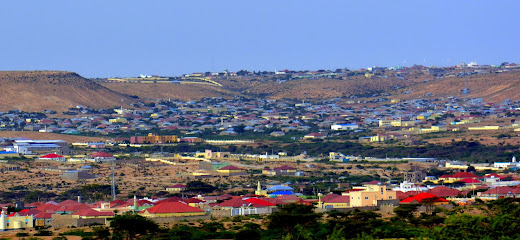
Hargeisa Central Mosque
Explore the stunning Hargeisa Central Mosque, a magnificent architectural gem that embodies the spiritual heart of Hargeisa and Somali culture.
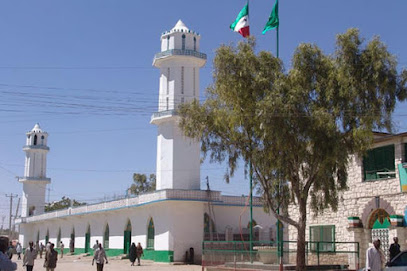
Unmissable attractions to see
Laas Geel tour Safaris Tourism Company
Explore Laas Geel, a hidden gem of rock art in Somaliland, revealing the ancient stories of humanity within stunning desert landscapes.
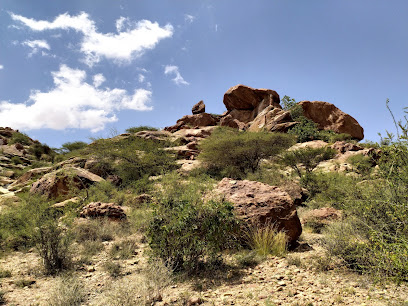
Hargeisa War Memorial Park
Discover the rich history and resilience of Somalia at Hargeisa War Memorial Park, a serene tribute to freedom in the heart of Hargeisa.
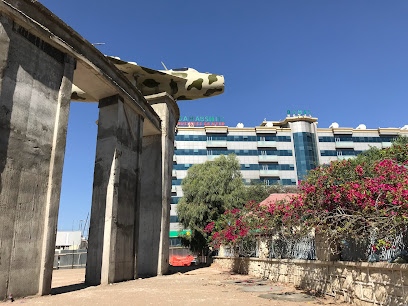
Saryan Museum
Explore the vibrant history and artistic heritage of Somaliland at Saryan Museum in Hargeisa, a captivating destination for culture enthusiasts.
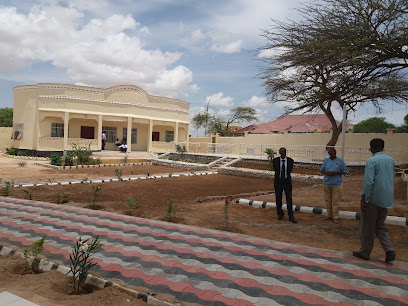
Naasa Hablood Park
Experience the tranquility of Naasa Hablood Park in Hargeisa, a beautiful natural retreat surrounded by stunning mountain views.
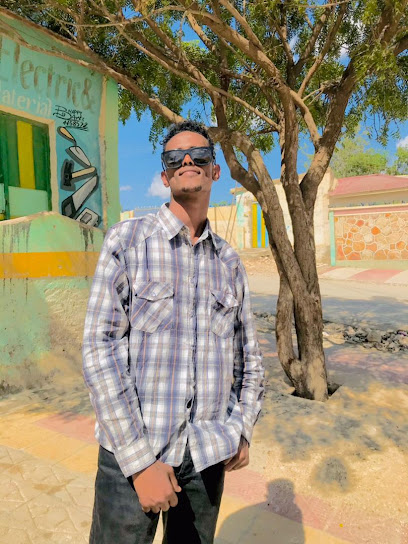
Naasa Hablood
Explore the breathtaking landscapes and cultural richness of Naasa Hablood, a remarkable mountain peak in Somalia, perfect for nature lovers and adventure seekers.
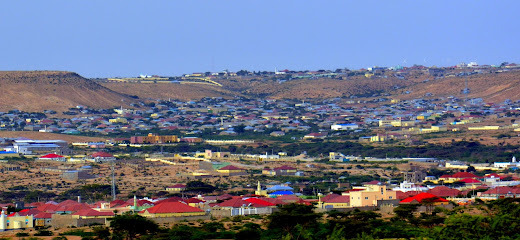
Hargeisa Central Mosque
Explore the captivating beauty and cultural significance of Hargeisa Central Mosque, a key spiritual landmark in Somaliland.
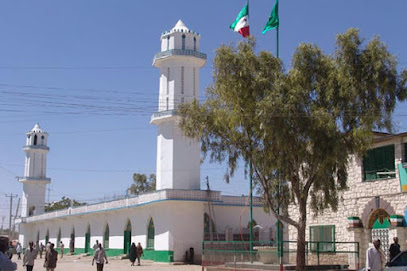
Las Geel Rock Drawings
Explore the ancient Las Geel Rock Drawings, a UNESCO World Heritage Site showcasing stunning prehistoric art and breathtaking landscapes in Somaliland.
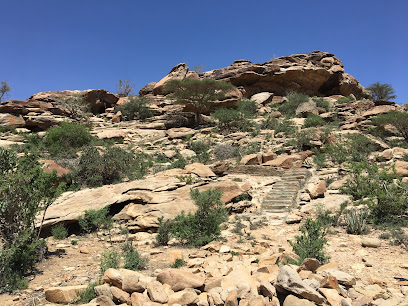
Isha Gobka
Explore Isha Gobka, a serene park in Hargeisa, perfect for relaxation, family outings, and enjoying the tranquility of nature.
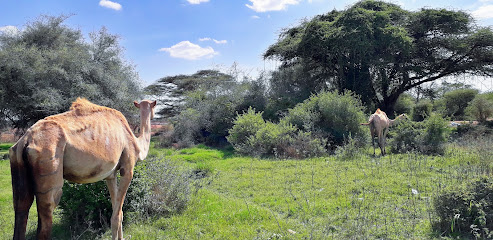
Masjid Qalib
Explore the spiritual and architectural beauty of Masjid Qalib, a serene mosque in Hargeisa, offering a glimpse into local culture and faith.

Dhagax kuure
Explore Dhagax Kuure, a stunning tourist attraction in Arabsiyo, showcasing breathtaking rock formations and rich historical significance.
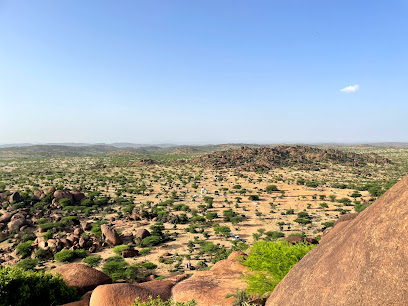
Masjidul Imaamu Shaafici
Discover the architectural beauty and spiritual significance of Masjidul Imaamu Shaafici, a tranquil mosque in the heart of Hargeisa, Somalia.
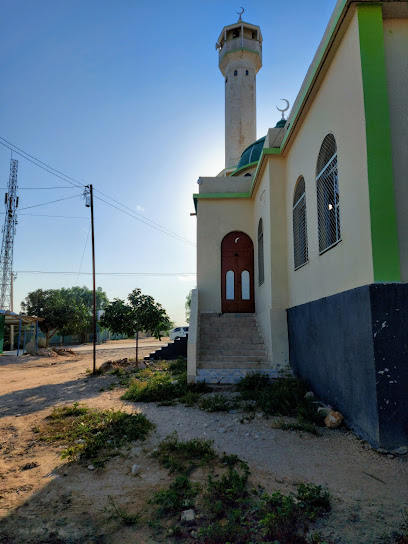
Darayga
Experience the beauty and culture of Darayga, a must-visit tourist attraction in Horo Hadley, where nature and tradition intertwine seamlessly.
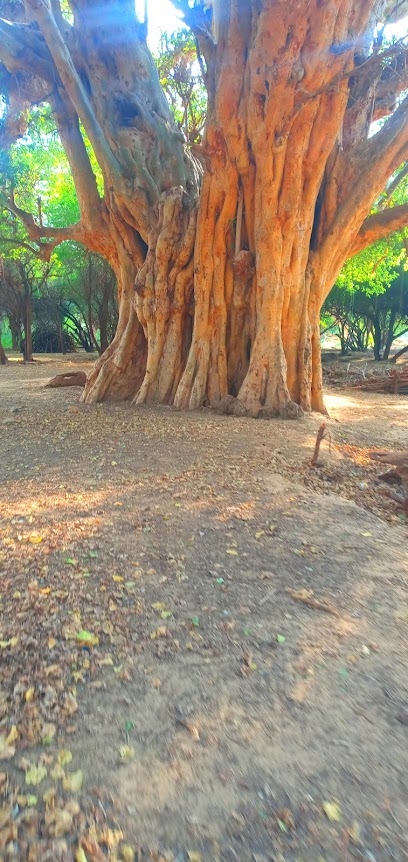
Mubariks Home
Experience the rich culture and warm hospitality at Mubariks Home, a charming tourist attraction in Hargeisa, Somaliland.
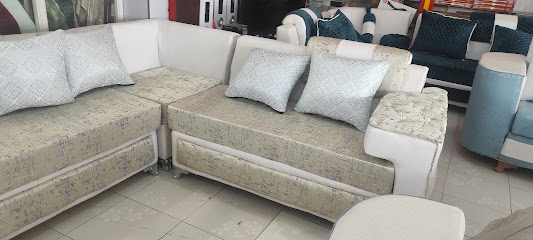
Saldhiga qudhacdheer
Explore Saldhiga Qudhacdheer, a hidden cultural gem in Hargeisa that reveals the rich traditions and vibrant community of Somaliland.
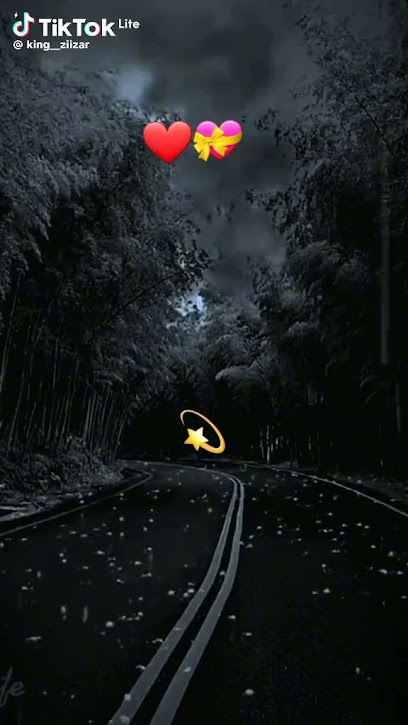
Essential places to dine
Cafè Barbera
Discover authentic Somali flavors at Cafè Barbera in Hargeisa—where every meal is a delightful experience in the heart of Somaliland.
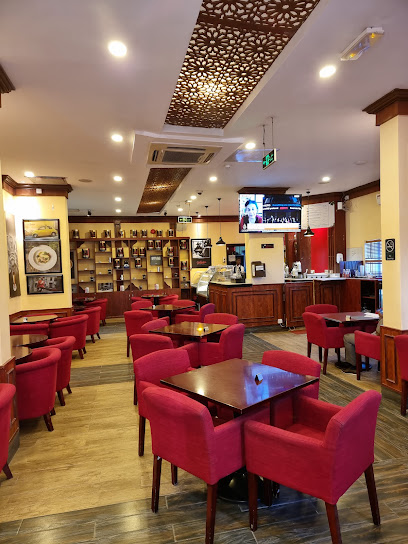
Sultan Hotel and Restaurant
Experience authentic Somali flavors at Sultan Hotel and Restaurant in Hargeisa – where culinary tradition meets warm hospitality.
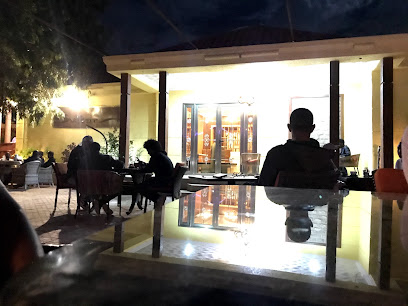
Summertime Restaurant
Experience the rich flavors of Somalia at Summertime Restaurant in Hargeisa - a culinary haven for tourists seeking delightful meals.
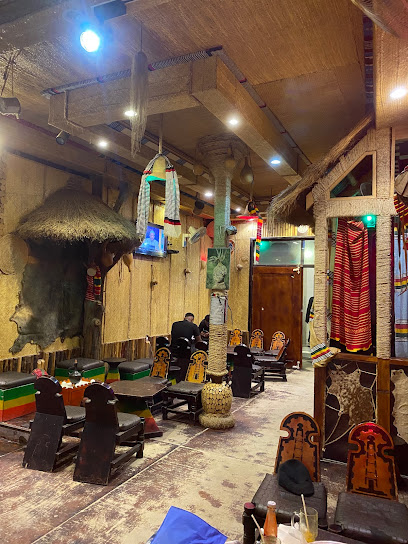
Damal Restaurant
Discover authentic Somali flavors at Damal Restaurant in Hargeisa – where every dish tells a story.
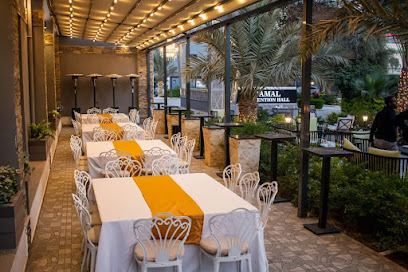
Star Box Restaurent
Discover authentic Somali flavors at Star Box Restaurant in Hargeisa – where every meal tells a story.
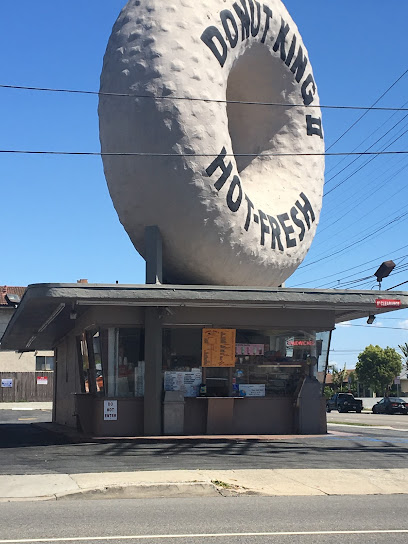
MASALE VIEW RESTAURANT
Experience authentic Somali cuisine at Masale View Restaurant in Hargeisa – where every dish tells a story.
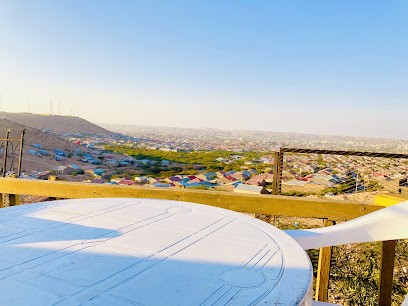
Caawiye Hotel &Cafe
Experience flavorful biryani and authentic Indian cuisine at Caawiye Hotel & Cafe in Hargeisa - where taste meets tradition.
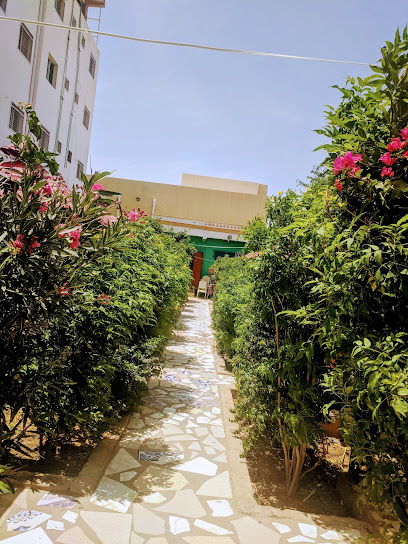
Saba Restaurant
Discover authentic Somali flavors at Saba Restaurant in Hargeisa - where culinary tradition meets modern hospitality.
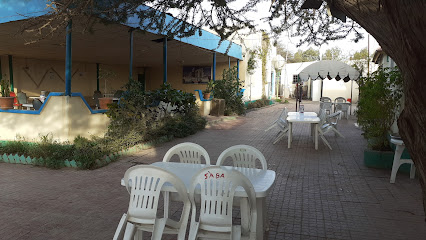
Jumeira Restaurant, Café & Lounge
Discover the culinary delights at Jumeira Restaurant in Hargeisa - where local flavors meet international cuisine in a cozy setting.
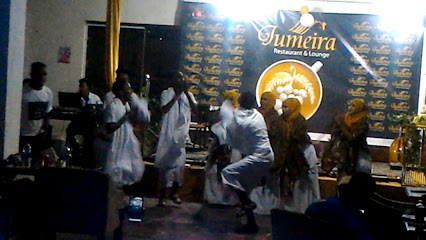
Twenty Five
Savor the rich flavors of Somalia at Twenty Five – where culinary tradition meets modern dining in Hargeisa.
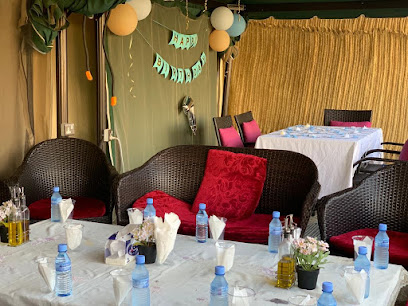
Indiana (Indian Resturant)
Experience the essence of India at Indiana Restaurant in Hargeisa – where rich flavors meet warm hospitality.
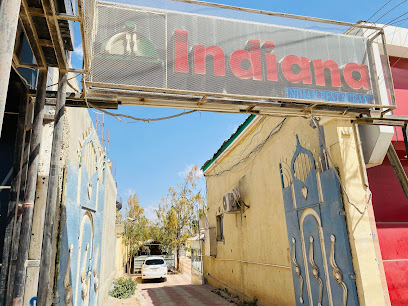
Guleed Restaurant
Experience authentic Somali cuisine at Guleed Restaurant in Hargeisa - a must-visit for every traveler seeking local flavors.
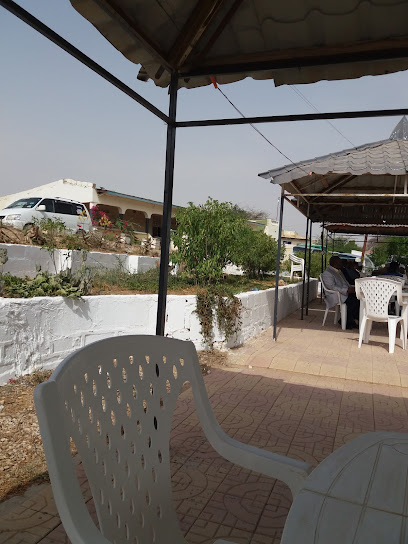
Time-out café
Discover the essence of family dining at Time-out Café in Hargeisa – where delightful meals meet a warm atmosphere perfect for all ages.
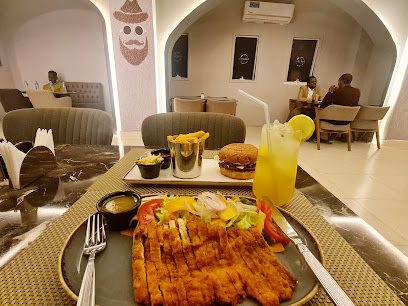
Art cafe
Discover Hargeisa's vibrant culinary scene at Art Cafe - where local flavors meet artistic flair in every dish.
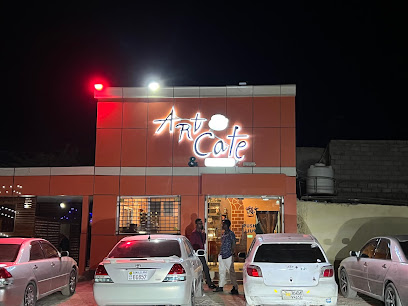
Rose Restaurant
Experience authentic Somali cuisine in a warm atmosphere at Rose Restaurant in Hargeisa - where every meal tells a story.
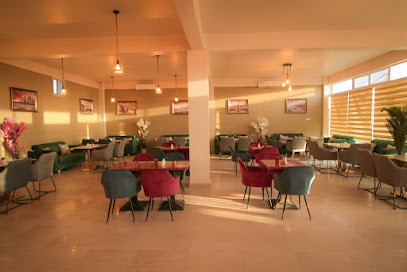
Markets, malls and hidden boutiques
SAMSUNG SOMALILAND
Explore the latest in technology at Samsung Somaliland, your go-to electronics store in Hargeisa for all your tech needs.
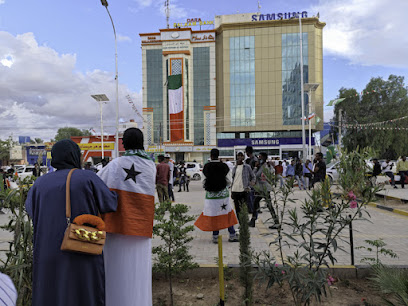
Waafi Mall
Discover the vibrant shopping, dining, and entertainment experiences at Waafi Mall in Hargeisa, a cultural hub for locals and tourists alike.
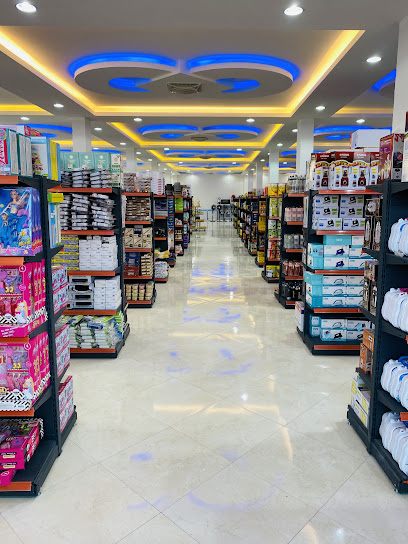
Gobstore
Discover shopping, dining, and entertainment at Gobstore, Hargeisa's premier shopping destination, blending local culture with modern retail experiences.
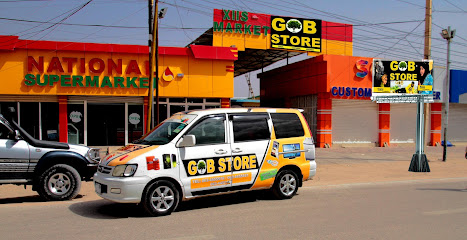
Asli Mills
Discover authentic health and beauty products at Asli Mills in Hargeisa, where tradition meets modern wellness.
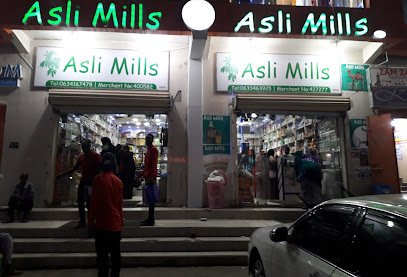
Suuqa waaheen
Discover Somali culture through fashion at Suuqa Waaheen, a vibrant clothing store in Hargeisa showcasing unique traditional and contemporary attire.
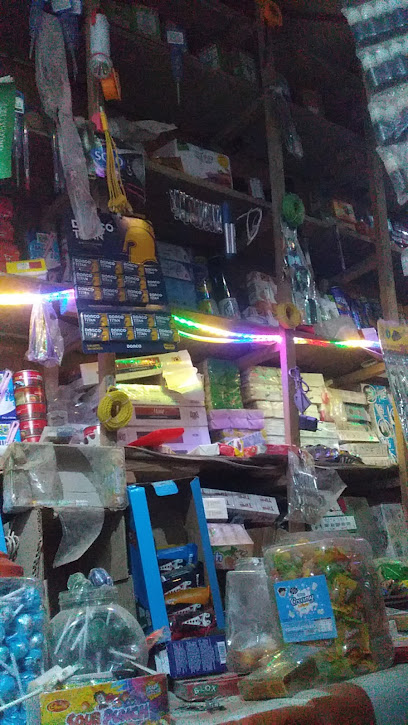
ANISATY BOUTIQUE
Explore unique women's fashion at Anisaty Boutique, Hargeisa, where contemporary styles meet traditional Somali craftsmanship.

Raasamaal Jewellry
Explore Hargeisa's Raasamaal Jewelry for exquisite handcrafted pieces that celebrate the artistry and cultural heritage of Somaliland.
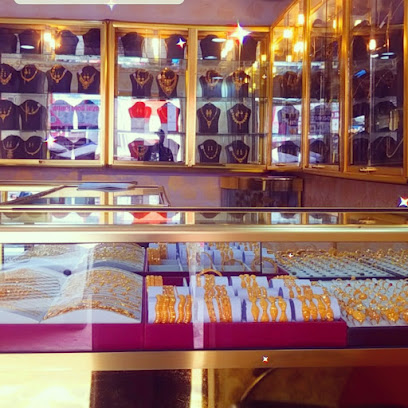
Hayat store
Explore Hayat Store in Hargeisa for unique local clothing and vibrant fashion that captures the essence of Somaliland's culture.

suuqsan online shopping
Explore the vibrant styles at Suuqsan Online Shopping in Hargeisa, where local fashion meets modern trends in a welcoming atmosphere.
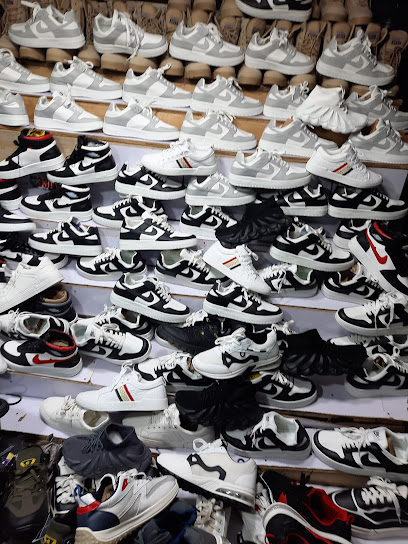
Galaxy Mall Hargeysa
Discover the ultimate shopping experience at Galaxy Mall Hargeysa, where local culture meets international brands in a vibrant atmosphere.
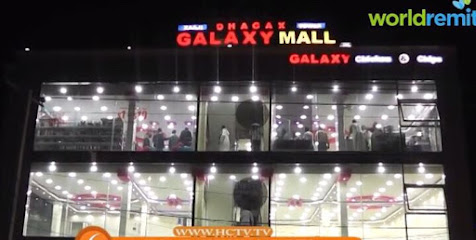
MB gifts
Explore the vibrant culture of Somaliland through unique gifts and handicrafts at MB Gifts in Hargeisa, a treasure trove for tourists.
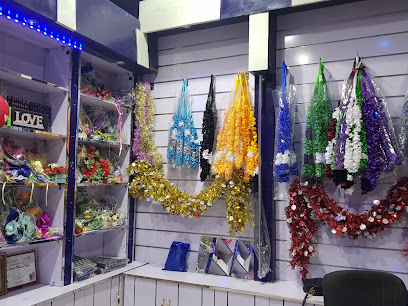
Somtailor Company
Discover the vibrant fashion of Somaliland at Somtailor Company in Hargeisa, where tradition meets contemporary design.
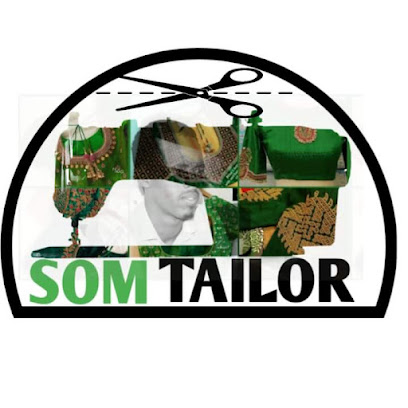
Keyse bushaaro supermarket
Discover the vibrant beauty scene at Keyse Bushaaro Supermarket, Hargeisa's premier destination for cosmetics and local beauty products.
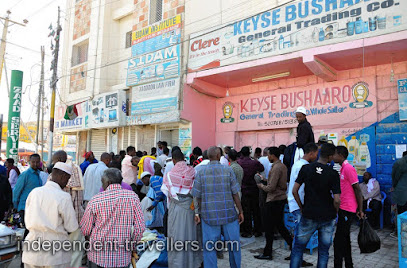
Osob gifts
Explore Osob Gifts in Hargeisa for unique souvenirs and local crafts that capture the essence of Somali culture.
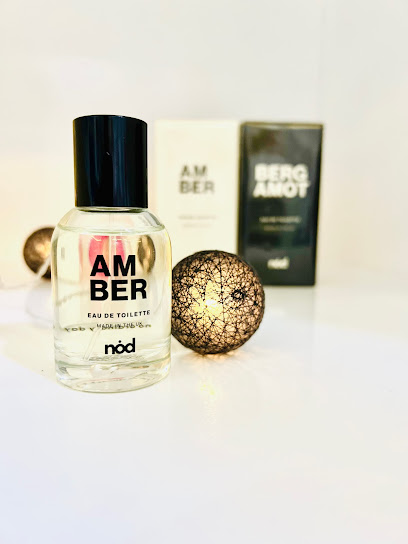
GalabOnlineMarket
Explore the vibrant fashion landscape of Hargeisa at Galab Online Market, where local craftsmanship meets contemporary style.

Essential bars & hidden hideouts
Jumeira Restaurant, Café & Lounge
Experience a culinary journey at Jumeira Restaurant, Café & Lounge, where Somali flavors meet international cuisine in a vibrant setting.
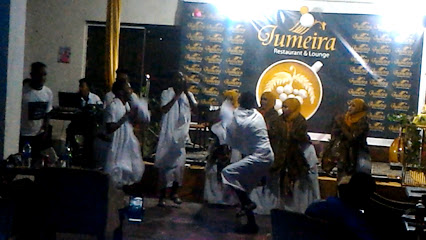
BAAR HARGEISA TURKISH RESTAURANT
Experience authentic Turkish flavors in Hargeisa at Baar Hargeisa Turkish Restaurant, a family-friendly culinary haven.
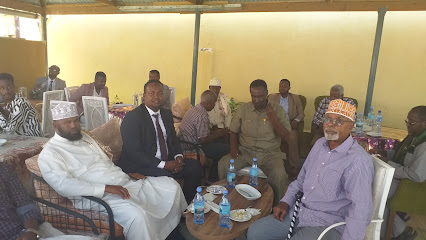
Central of goljano
Discover Hargeisa's vibrant nightlife at Central of Goljano, where local culture meets refreshing drinks and live entertainment.
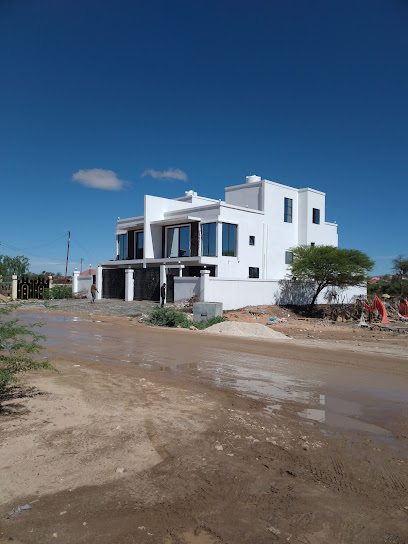
Bar Waraabe
Discover the lively ambiance of Bar Waraabe in Hargeisa, where great drinks and friendly locals create unforgettable memories.

HOND KONG
Discover the vibrant nightlife of Hargeisa at Hond Kong, where local flavors and a lively atmosphere come together.
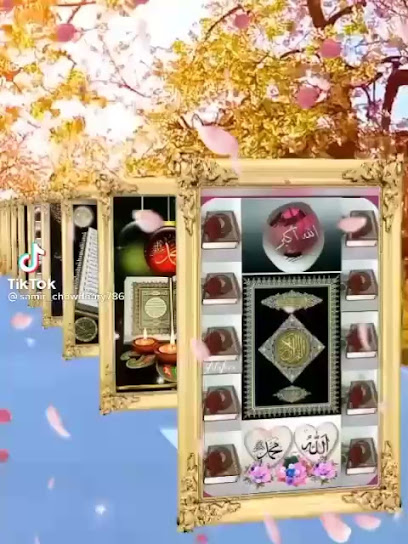
Garow restaurant
Discover the authentic flavors of Somali cuisine at Garow Restaurant in Hargeisa, where every meal is a celebration of culture and hospitality.

Hargeisa somali
Explore Hargeisa: A cultural gem of Somaliland with vibrant nightlife, rich history, and warm hospitality.

Carafaat
Experience the vibrant nightlife of Hargeisa at Carafaat, where local flavors and a lively atmosphere come together for an unforgettable evening.
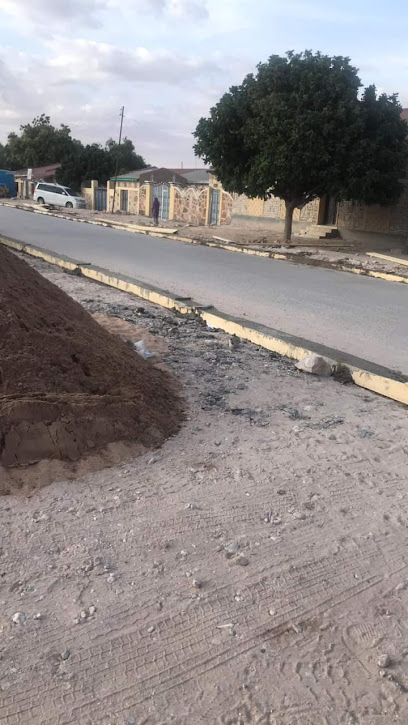
Burao
Experience the vibrant culture and social scene at Burao, a unique bar in Hargeisa perfect for tourists seeking local flavor and friendly vibes.

Cismaan buuri
Experience the lively atmosphere and local flavors at Cismaan Buuri, a vibrant bar in Hargeisa, Somalia, perfect for unwinding after a day of exploration.

FARASKA 725
Discover the lively spirit of Hargeisa at FARASKA 725, where culture and nightlife blend seamlessly for an unforgettable experience.

ABDI-GAAB
Discover ABDI-GAAB, a vibrant bar in Hargeisa where local culture meets a lively atmosphere and refreshing drinks await.

Baarkii Sakariye
Experience the vibrant nightlife of Hargeisa at Baarkii Sakariye, a must-visit bar offering a delightful mix of local flavors and a friendly atmosphere.

BOQORKA DHANDHANKA 428
Explore the vibrant nightlife at BOQORKA DHANDHANKA 428, a lively bar in Hargeisa offering a unique blend of local culture and refreshing drinks.
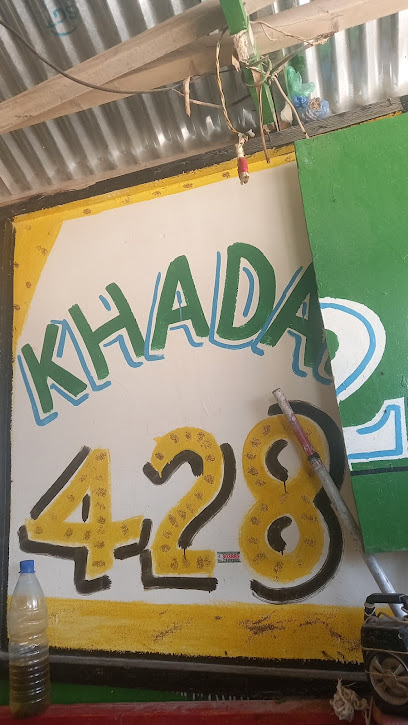
Local Phrases
-
- HelloSalaan
[sah-lahn] - GoodbyeNabad gelyo
[nah-bahd gehl-yoh] - YesHaa
[hah] - NoMaya
[mah-yah] - Please/You're welcomeFadlan
[fad-lahn] - Thank youMahadsanid
[mah-had-sah-need] - Excuse me/SorryIga dheh
[ee-gah dheh] - How are you?Sidee tahay?
[see-deh tah-hay] - Fine. And you?Fiican. Adiga?
[fee-cahn. ah-dee-gah] - Do you speak English?Ma ku hadashaa af Ingiriis?
[mah koo hah-dah-shah ahf een-gee-rees] - I don't understandAnigu ma fahmin
[ah-nee-goo mah fah-meen]
- HelloSalaan
-
- I'd like to see the menu, pleaseWaan jeclahay inaan arko liiska cuntada
[wahn jeh-clah-hai een-ahn ar-koh lees-kah cun-tah-dah] - I don't eat meatAniga aan cunto hilib ah
[ah-nee-gah ahn cun-toh hee-leeb ah] - Cheers!Burbur!
[boor-boor] - I would like to pay, pleaseWaan rabaa inaan bixiyo, fadlan
[wahn rah-bah ah-nahn beek-see-yoh, fahd-lahn]
- I'd like to see the menu, pleaseWaan jeclahay inaan arko liiska cuntada
-
- Help!Caawin!
[cah-ah-ween] - Go away!Tag la waay!
[tahg lah wah-ay] - Call the Police!Wac lacag Police!
[wahch lah-chahg poh-leece] - Call a doctor!Wac dhakhtar!
[wahch dahk-tahr] - I'm lostAniga waxaan riyoonaa
[ah-nee-gah wah-xahn ree-yoh-nah] - I'm illAniga waxaan jiraa
[ah-nee-gah wah-xahn jee-rah]
- Help!Caawin!
-
- I'd like to buy...Waan rabaa inaan iibso...
[wahn rah-bah ah-nahn ee-bsoh] - I'm just lookingAniga waxaan arkaa
[ah-nee-gah wah-xahn ar-kah] - How much is it?Meeyaha waa iman kartaa?
[meh-yah-hah wah ee-mahn kahr-tah] - That's too expensiveWaa qiimaha ka weyn
[wah kee-mah-hah kah weyn] - Can you lower the price?Ma ku darayso qiimaha?
[mah koo dah-rah-yoh kee-mah-hah]
- I'd like to buy...Waan rabaa inaan iibso...
-
- What time is it?Waa maxey waqtiga?
[wah mah-xay wahg-tee-gah] - It's one o'clockWaa boqol
[wah boh-kohl] - Half past (10)Dhacdo (10)
[dhahj-doh (10)] - MorningSubax
[soo-bahx] - AfternoonGalab
[gah-lahb] - EveningHabeen
[hah-been] - YesterdayShalay
[shah-lahy] - TodayMaanta
[mah-ahn-tah] - TomorrowBerri
[beh-ree] - 1Kow
[kohw] - 2Laba
[lah-bah] - 3Saddex
[sahd-deh] - 4Afar
[ah-fahr] - 5Shan
[shahn] - 6Lix
[leex] - 7Toddobaad
[tohd-doh-bahd] - 8Sideed
[see-dehd] - 9Sagaal
[sah-gahl] - 10Toban
[toh-bahn]
- What time is it?Waa maxey waqtiga?
-
- Where's a/the...?Haa kuu jirtaa...?
[hah koo jeer-tah] - What's the address?Cinwaanka waa maxay?
[cheen-wahn-kah wah mah-xay] - Can you show me (on the map)?Ma ku aragtid (khariidad)?
[mah koo ah-rahg-teed kah-ree-dahd] - When's the next (bus)?Marka ugu dambeeya (baas)?
[mahr-kah oo-goo dahm-bay-yah baas] - A ticket (to ....)Tikiti (ila...)
[tee-kee-tee ee-lah]
- Where's a/the...?Haa kuu jirtaa...?
History of Hargeisa
-
Hargeisa's history traces back to ancient times. Archaeological findings indicate that the area was inhabited by early humans during the Neolithic period. Rock paintings in the Laas Geel caves, located just outside the city, showcase some of the oldest known art on the African continent, dating back over 5,000 years. These paintings depict pastoral scenes with cows, dogs, and human figures, giving us a glimpse into the lives of early inhabitants.
-
During the medieval period, Hargeisa became an important hub in the trade networks that spread across the Horn of Africa. The city was part of the Sultanate of Ifat and later the Adal Sultanate, which were influential Islamic states that controlled the region. Hargeisa's strategic location facilitated trade with the Arabian Peninsula, India, and beyond, bringing prosperity and diverse cultural influences to the city.
-
In the late 19th century, Hargeisa came under British control as part of British Somaliland. The city witnessed significant changes during the colonial era, including the establishment of modern infrastructure and institutions. The British used Hargeisa as an administrative center, and it became a focal point for colonial governance and economic activities in the region.
-
Hargeisa played a pivotal role in the independence movement of British Somaliland. On June 26, 1960, British Somaliland gained independence and, just days later, unified with the former Italian Somaliland to form the Somali Republic. Hargeisa thus became part of a newly independent nation, experiencing a wave of optimism and national pride as it embarked on a journey of self-governance.
-
The Somali Civil War, which began in the late 1980s, had a devastating impact on Hargeisa. The city was heavily bombarded during the conflict, leading to widespread destruction and displacement of its residents. However, the resilience of the people of Hargeisa has been remarkable. Following the declaration of Somaliland's independence in 1991, Hargeisa has undergone significant reconstruction and development, emerging as a symbol of peace and progress in the region.
-
In recent years, Hargeisa has experienced a cultural renaissance. The city is home to vibrant markets, traditional Somali music, and the annual Hargeisa International Book Fair, which attracts authors, poets, and artists from across the globe. This cultural revival has helped to foster a sense of community and pride among the residents, while also attracting visitors interested in exploring Hargeisa's rich heritage and dynamic contemporary culture.
Hargeisa Essentials
-
Hargeisa, the capital of Somaliland, can be accessed via the Hargeisa Egal International Airport (HGA). The airport receives flights from several regional hubs such as Addis Ababa, Nairobi, and Dubai. Additionally, overland routes from Ethiopia and Djibouti are available, though these may require careful planning due to varying road conditions and border procedures.
-
Within Hargeisa, taxis are the most common mode of transport. They are relatively affordable, but it's advisable to agree on the fare before starting your journey. Public minibuses (locally known as 'bajaj') are also available, though they can be crowded. Car rental services exist, but driving can be challenging due to local road conditions and traffic rules.
-
The official currency is the Somaliland Shilling (SLSH), but US Dollars are widely accepted. Credit card usage is limited, so it’s essential to carry cash. ATMs are available in the city, but they often dispense US Dollars. Ensure you have enough local currency for smaller establishments and markets.
-
Hargeisa is generally safe for tourists, but standard precautions should be taken. Avoid walking alone at night and be cautious in crowded areas to prevent pickpocketing. Areas such as the markets and bus stations can be bustling and require extra vigilance. It's advisable to stay updated on local news and follow travel advisories.
-
In case of emergency, dial 888 for police assistance. For medical emergencies, the Hargeisa Group Hospital is the main healthcare facility. Having travel insurance that covers medical emergencies is highly recommended. Pharmacies are available for minor health issues, but it's advisable to carry basic medications.
-
Fashion: Do dress modestly, covering your shoulders and knees. Avoid overly revealing clothing. Religion: Do respect Islamic customs. Always remove your shoes before entering mosques and avoid interrupting prayer times. Public Transport: Do be polite and patient. Avoid loud conversations and giving the impression of impatience. Greetings: Do greet people with a handshake. Use your right hand for handshakes and exchanges. Eating & Drinking: Do try local dishes and accept food and drink offerings graciously. Don’t eat, drink, or smoke in public during the holy month of Ramadan.
-
To experience Hargeisa like a local, visit the vibrant Hargeisa Livestock Market where you can see traditional trading practices. Engage in conversations with locals who are generally welcoming and eager to share their culture. Don’t miss the Laas Geel cave paintings, which are among the oldest known rock art in Africa. For an authentic experience, try local dishes like 'canjeero' and 'sambuusa'.
Trending Landmark in Hargeisa
-
Safari Hotel
-
Hargeisa International Airport
-
Café Laasgeel
-
Cafè Barbera
-
Laas Geel tour Safaris Tourism Company
-
Dhoolayare Hotel
-
Oriental Hotel
-
Dahabshiil Business Centre
-
Hargeisa War Memorial Park
-
Saryan Museumvvhjbgjhh
-
BANDARE HOTEL & Restaurant
-
Mocha Cafe House
-
Livestock Market
-
Naasa Hablood
-
Hargeisa Central Mosque
Nearby Cities to Hargeisa
-
Things To Do in Harar
-
Things To Do in Loyada
-
Things To Do in Ali Sabieh
-
Things To Do in Dire Dawa
-
Things To Do in Djibouti City
-
Things To Do in Dikhil
-
Things To Do in Arta
-
Things To Do in Tadjoura
-
Things To Do in Obock
-
Things To Do in Aden
-
Things To Do in Ibb
-
Things To Do in Dhamar
-
Things To Do in Addis Ababa
-
Things To Do in Lalibela
-
Things To Do in Sana'a







